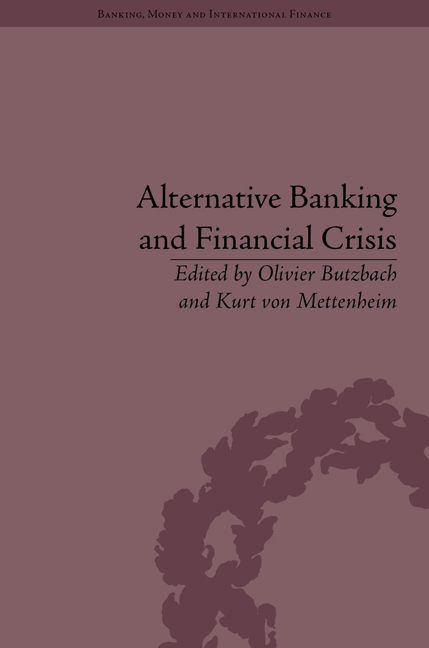Conclusion
Summary
The contributions to this volume identify anomalies about alternative banking for contemporary banking theory and counter expectations of convergence towards private market-based banking. In Europe, more than a decade after liberalization of the industry and thirteen years after monetary union, the realization of competitive advantages by alternative banks belies expectations of convergence towards joint-stock commercial and investment banking. In the BRICs and many developing countries, government banks have also realized competitive advantages over private and foreign banks (even after liberalization) to provide counter-cyclical credit and remain agents of public policy able to shape growth. Privatizations and liberalization were expected to replace traditional deposittaking and loan-making banks and non-joint-stock forms of bank ownership and governance with more efficient private banks as financial intermediaries. The record explored herein suggests otherwise. Where alternative banks were not privatized or demutualized, a ‘back to the future’ modernization of these institutions ensued. This is true of savings banks and cooperative banks in Europe and abroad, especially in developing and emerging countries that retain large government banks with imposing market shares. European special purpose banks have also modernized to pursue new development strategies for the greening of industry, investing in communities and accelerating the use of new technologies.
This Conclusion explores the implications these findings for banking theory, comparative research in political economy and financial economics, and paradigms for bank regulation.
- Type
- Chapter
- Information
- Alternative Banking and Financial Crisis , pp. 227 - 234Publisher: Pickering & ChattoFirst published in: 2014



